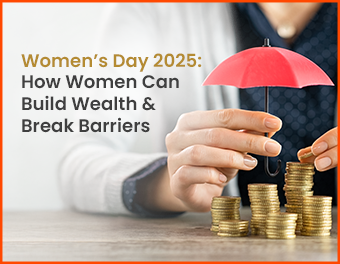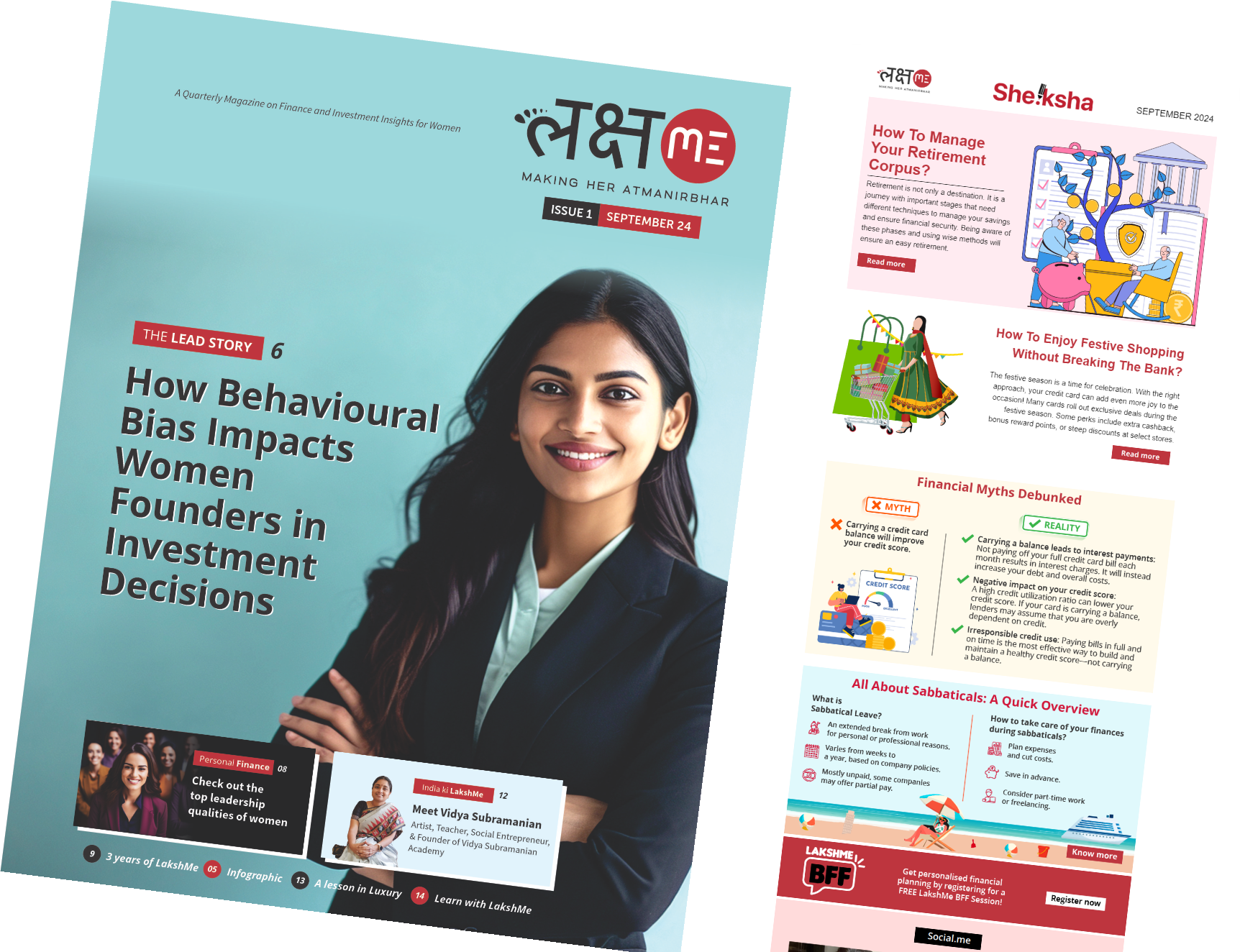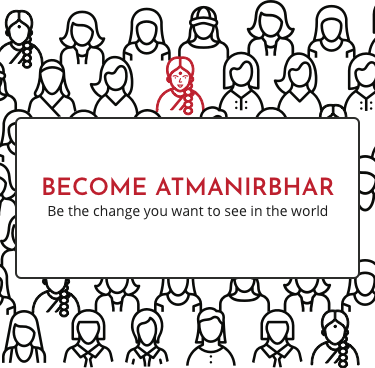New Era of Banking
While covid brought about a number of hardships and troubles for all, there is no denying that it gave a big push to the financial industry. In order to simplify the once ‘traditional ’ process of banking, various fintech solutions have partnered with banks, to make money transactions convenient, easy to understand and follow.
Many new innovations have been revolutionary in making banking better. From cheque books to cash cards, from cash to mobile wallets, from passbooks to biometrics, online banking has truly reverberated all across the world.
Online banking, chatbots, customer “benefit” and the “wow” factor
In this new online banking cashless payments era, chatbots made smartphones smarter. Mobile apps have swept the customers off their feet and seemed to have totally replaced the physical bank office. According to the BCG Report *, online banking has gone up by 23% with a 30% rise in mobile banking.
Customers have been given control of their money and more than that, they’ve been given what they always want - ‘instant gratification. The craving for immediate service is fulfilled easily and efficiently, adding a “wow” factor in the way money is dealt with.
How does this personalized and intelligent banking impact traditional branch banking?
-
It's not just money transfers, online banking these days offers much more than transactions. They are committed and open to helping customers to see banks more than an app and not merely a building.
-
With the support of AI, banks are trying to understand the comprehensive needs of their customers and help them overcome the need to go back to their “pre-covid” banking habits. While acting as digital giants, banks are also finding ways to stay a step ahead of fintech companies that are slowly becoming a competition.
-
While the customers have started to depend less and less on brick-and-mortar banks, it in no way implies that banks are going to close down. Rather banks are moving to a scenario where there is minimal paperwork. Each kind of data is segregated and then stored in a well-organised manner.
-
Another new concept that the world is witnessing is green banking. With more and more banks shifting to environmental-friendly and sustainable bank strategies, ‘paperless procedures’ are now considered to be the right thing to do.
With the Reserve Bank of India allowing more flexibility to the different systems of digital payments, a number of options are becoming popular, let us understand :
UPI
Unified Payments Interface, better known as UPI is another payment system that proved a boon when the world was struck with the pandemic. Allowing an instant transfer of funds between two bank accounts through a smartphone. You have the facility of combining different bank accounts into one mobile application. In order to access the service, you need to create a VPA, Virtual Payment Address, which then has to be linked to your bank account.
A seamless process, UPI is based on 2 Factor Authentication which becomes a single click payment. It is a highly secure transaction that is in an encrypted format. Unlike online banking, you do not need to add a beneficiary or enter details such as bank account number, passwords and other codes such as IFSC code etc. All you need is the registered mobile number of the individual you wish to send money to. If the receiver has a UPI, he/ she will receive the money instantly. The IMPS, Immediate Payment Service used by UPI is faster than NEFT.
Neo Banks (in collaboration with the RBI approved banks)
Offering a range of benefits to tech-savvy customers, Neo Banks are financial organisations that provide a more pocket-friendly option as compared to traditional banks. While these organisations still do not have a bank license in India, they can partner with banks and offer their services. The Reserve Bank of India has not yet allowed the banks to be cent per cent digital, however, there are certain foreign banks that provide digital products through their local units. Some of them are - Razorpay, Jupiter, Niyo, Open.
In today’s scenario, lack of enough funds and the absence of a strong customer base, neo banks may not seem a dominant contender against the traditional banks; however, their innovative products such as track and monitoring of accounts, etc. with high tech digitalisation and efficient services will surely give the banks a run for their money.
Mobile Wallets
It may be known by different names, mobile wallet, e-wallet, online wallet or digital wallet, this is another payment mechanism that has become very popular. True to its name, it is a wallet that exists on your mobile. You can safely store your credit/ debit card details on your smartphone and make the required payments easily and quickly. With instant transactions, the mobile wallet is as simple as using cash. You no longer need to enter your card details for every use. And that’s not all from paying the greengrocer to booking an air ticket, you just need to scan and pay.
BNPL
Another revolutionary service was set to change the financial landscape in BNPL. The Buy Now Pay Later system is a kind of short-term financing that enables you to make a purchase and pay the amount in instalments for a stipulated time period. So, when you buy something, you do not pay from your pocket, but the lender company does it on your behalf. You then pay them either in a lump sum or in the form of EMIs.
Since the BNPL industry in India is transparent, accessible and alluring; only a handful of fintech companies offer BNPL services.
As compared to credit cards, BNPL follows a much more transparent and pocket-friendly fee structure. Most BNPL services offer an interest-free period that can go as high as 15 to 45 days *.
In the covid-struck world, consumers soon adapted to digital applications. Face to face interactions with bank employees has now been overtaken by AI and chatbots. With a plethora of digital banks available all around, it is common to be confused about them. While quite similar in the services that they offer, there are certain aspects of each that you need to be careful and cautious about.
Do you have any questions? Write to us











